Labour threatens to cut £700m tax breaks for private schools
Tristram Hunt wants to tackle the 'corrosive divide of privilege' between private and state schools
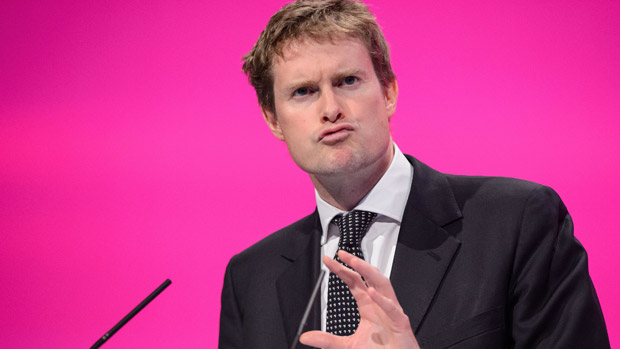
A free daily email with the biggest news stories of the day – and the best features from TheWeek.com
You are now subscribed
Your newsletter sign-up was successful
Private schools will be forced to pay business rates unless they develop a "formal partnership" with a state school under new proposals to be announced by the Labour Party.
Independent schools are given around £140m a year, or £700m over each parliament, in tax breaks because of their charitable status.
Labour wants to take these tax breaks away unless private schools meet a new "Schools Partnership Standard". This would mean providing qualified teachers in specialist subjects to state schools, helping state schools students into top universities, running joint extracurricular programmes and sharing sports facilities with local state pupils.
The Week
Escape your echo chamber. Get the facts behind the news, plus analysis from multiple perspectives.

Sign up for The Week's Free Newsletters
From our morning news briefing to a weekly Good News Newsletter, get the best of The Week delivered directly to your inbox.
From our morning news briefing to a weekly Good News Newsletter, get the best of The Week delivered directly to your inbox.
The Daily Telegraph says the "class war" proposal could add £200 a year to the cost of private education.
Writing in The Guardian, shadow education secretary Tristram Hunt says the plan aims to break down the "Berlin Wall" in our education system.
"The division between state and private education damages our society, stifles opportunity and, by wasting talent, inflicts damage upon our economy," he says.
"If we are to prosper as a country, we need to be more equal. Some private schools want to overcome this corrosive divide of privilege, but most do not. It is time to stop asking politely."
A free daily email with the biggest news stories of the day – and the best features from TheWeek.com
Hunt, who was educated at a private school before reading History at Cambridge University, points out that private schools educate only seven per cent of children, but their students take up almost 50 per cent of Oxbridge places.
The Guardian describes Hunt's plans as "an assault on the privileges of the elite".
However, Barnaby Lenon, the chairman of the Independent Schools Council, tells the Telegraph it would be a "very ineffective tool to improve social mobility in any meaningful way".
He says that 90 per cent of independent schools are already involved in "meaningful and effective partnerships with state schools and their local communities" and that "one-size-fits-all regulations" would not take into account the diverse nature of the sector, which includes many small local schools.
Lenon added that independent schools generate £4.7bn in tax and save the taxpayer a further £4bn by educating children out of the state school sector.
-
 Crisis in Cuba: a ‘golden opportunity’ for Washington?
Crisis in Cuba: a ‘golden opportunity’ for Washington?Talking Point The Trump administration is applying the pressure, and with Latin America swinging to the right, Havana is becoming more ‘politically isolated’
-
 5 thoroughly redacted cartoons about Pam Bondi protecting predators
5 thoroughly redacted cartoons about Pam Bondi protecting predatorsCartoons Artists take on the real victim, types of protection, and more
-
 Palestine Action and the trouble with defining terrorism
Palestine Action and the trouble with defining terrorismIn the Spotlight The issues with proscribing the group ‘became apparent as soon as the police began putting it into practice’
-
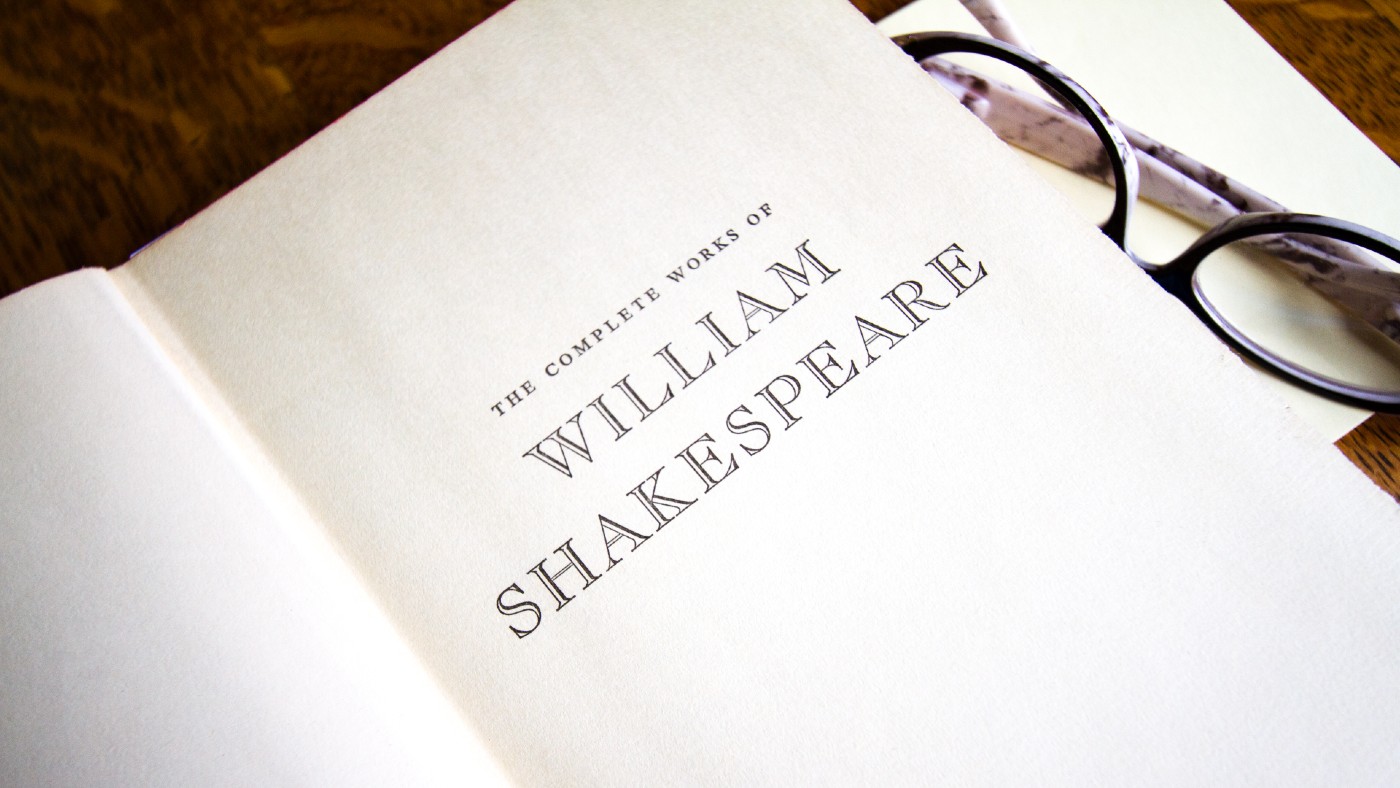 English literature: is it doomed?
English literature: is it doomed?Speed Read Arts and humanities courses are under attack thanks to a shift to ‘skills-led’ learning
-
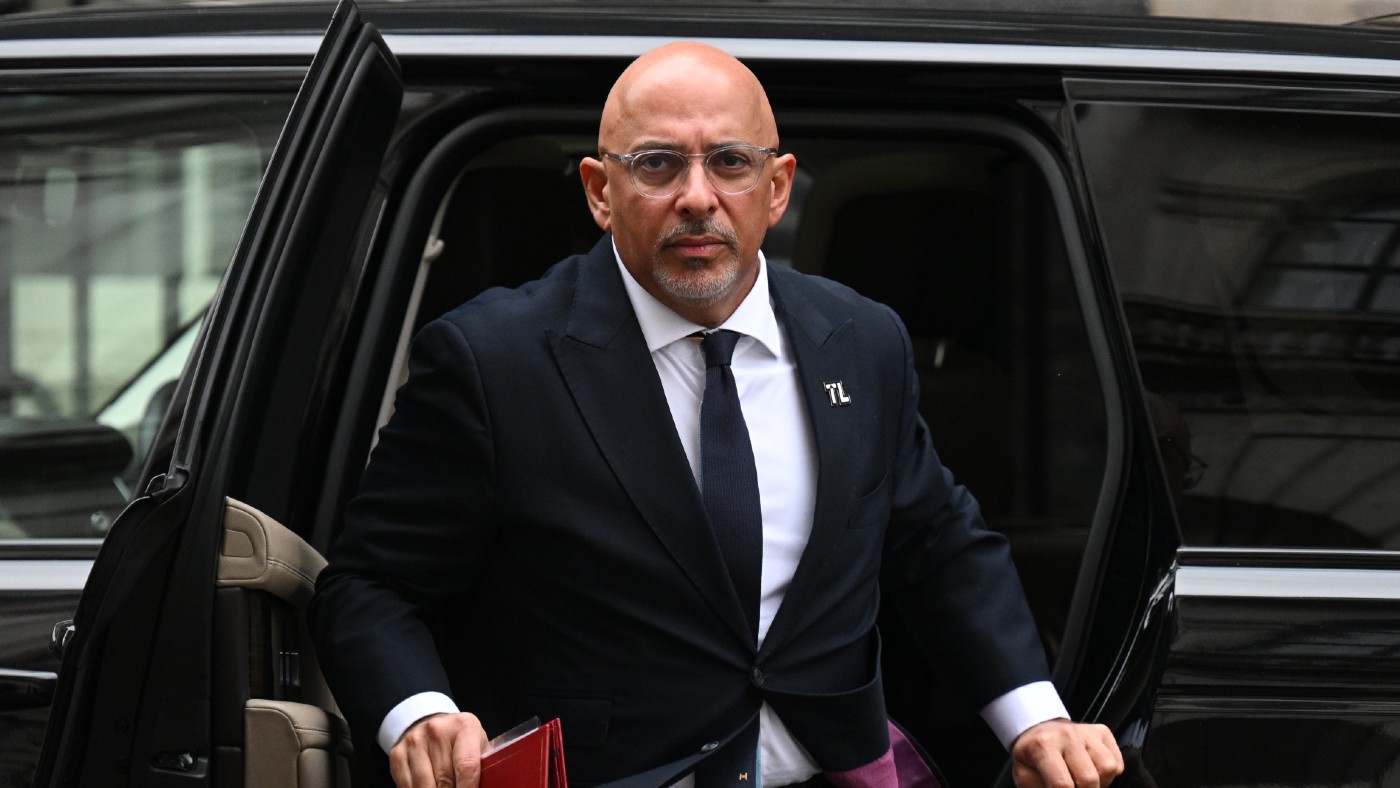 Are UK classrooms a new political battleground?
Are UK classrooms a new political battleground?Speed Read Government has issued new guidance on political neutrality in schools
-
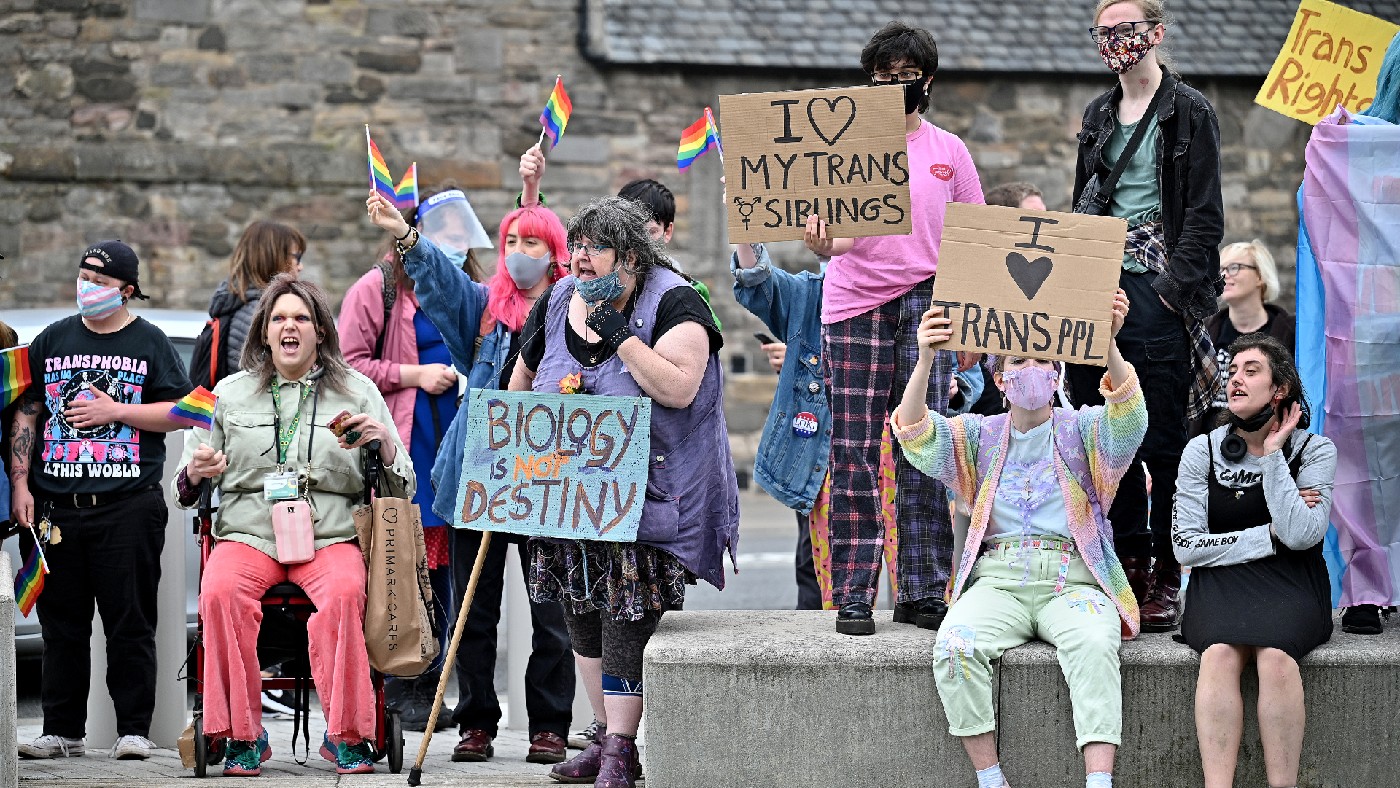 Kathleen Stock resigns: the ‘hounding’ of an academic on the front line of transgender rights debate
Kathleen Stock resigns: the ‘hounding’ of an academic on the front line of transgender rights debateSpeed Read Sussex University students claim ‘trans and non-binary students are safer and happier for it’
-
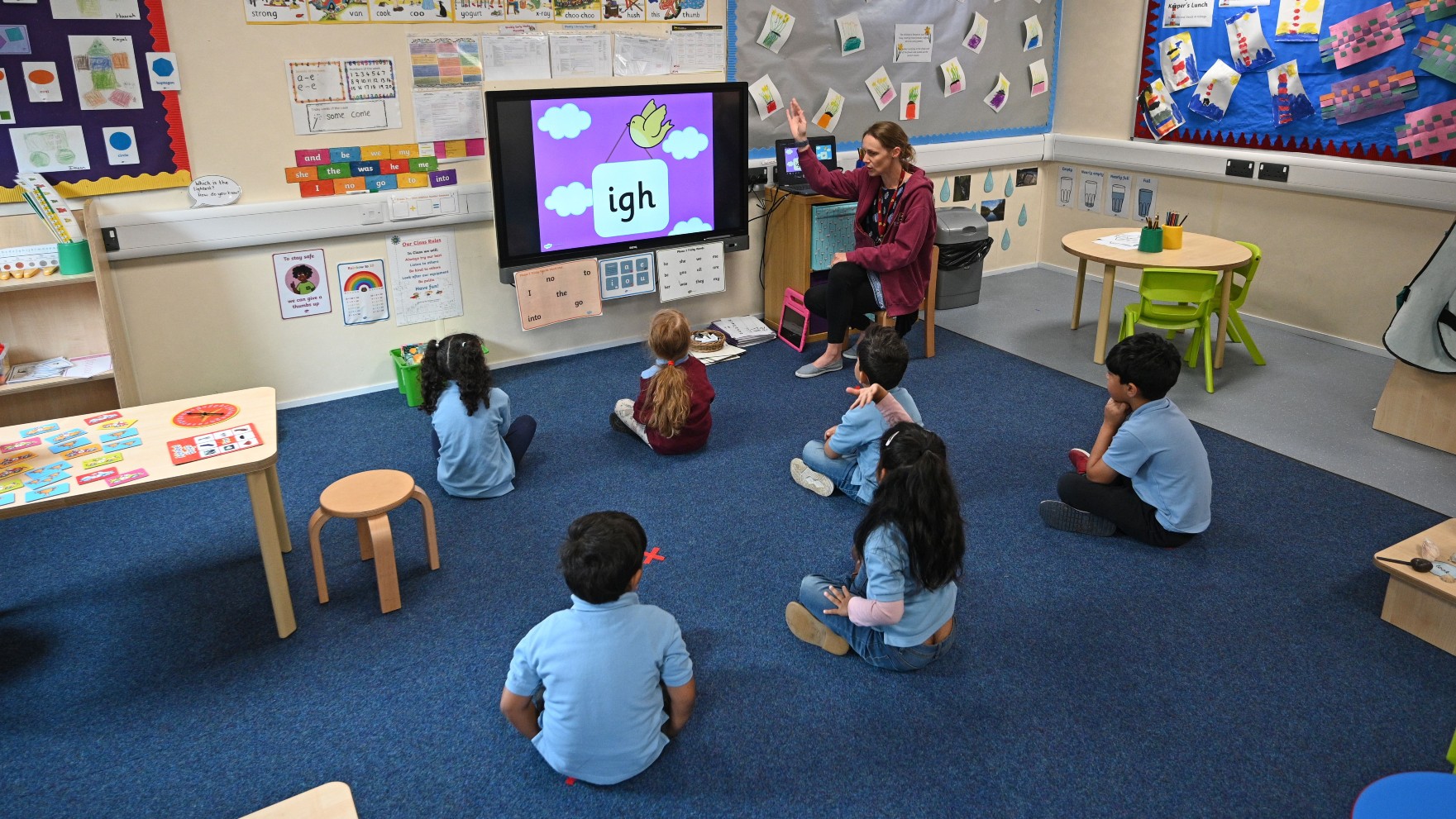 How 100,000 ‘lost children’ disappeared from UK school system
How 100,000 ‘lost children’ disappeared from UK school systemSpeed Read Experts warn that vulnerable pupils may be recruited by gangs after failing to return to education post-lockdown
-
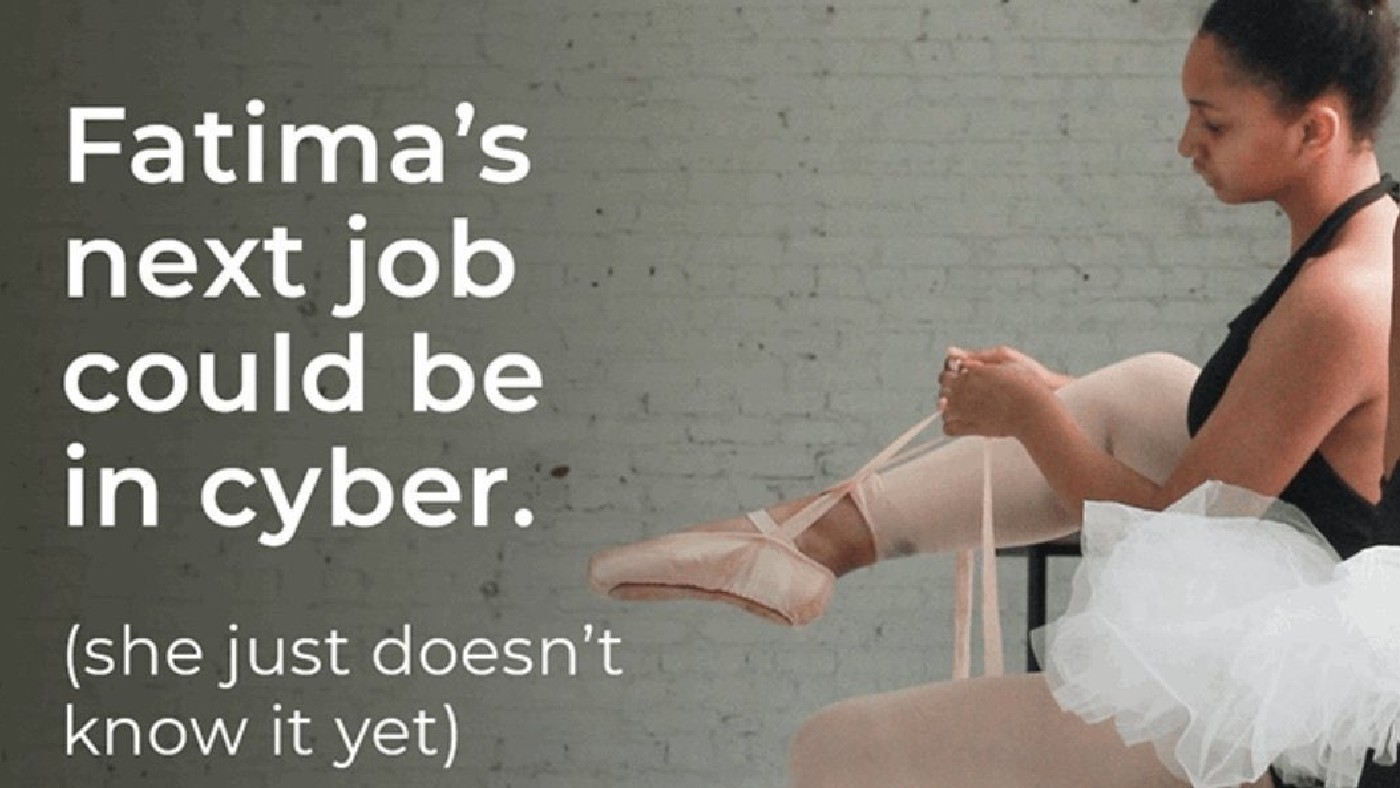 Why is the government planning to cut arts education funding by 50%?
Why is the government planning to cut arts education funding by 50%?Speed Read Proposal described by critics as ‘catastrophic’ and ‘an attack on the future of UK arts’
-
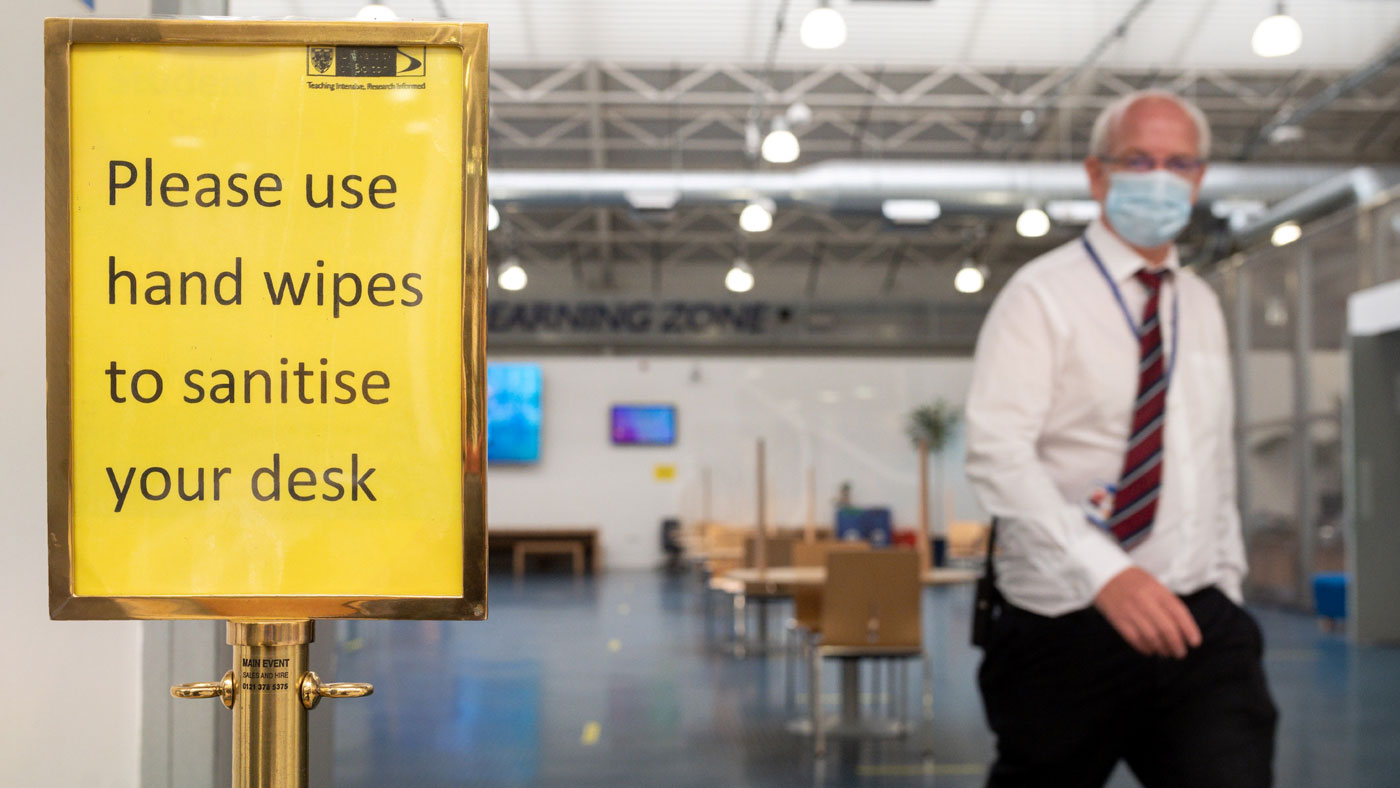 Schools do not spread Covid-19, multiple studies find
Schools do not spread Covid-19, multiple studies findSpeed Read Reports from Germany, Norway and the WHO conclude schoolchildren are not vector of infection
-
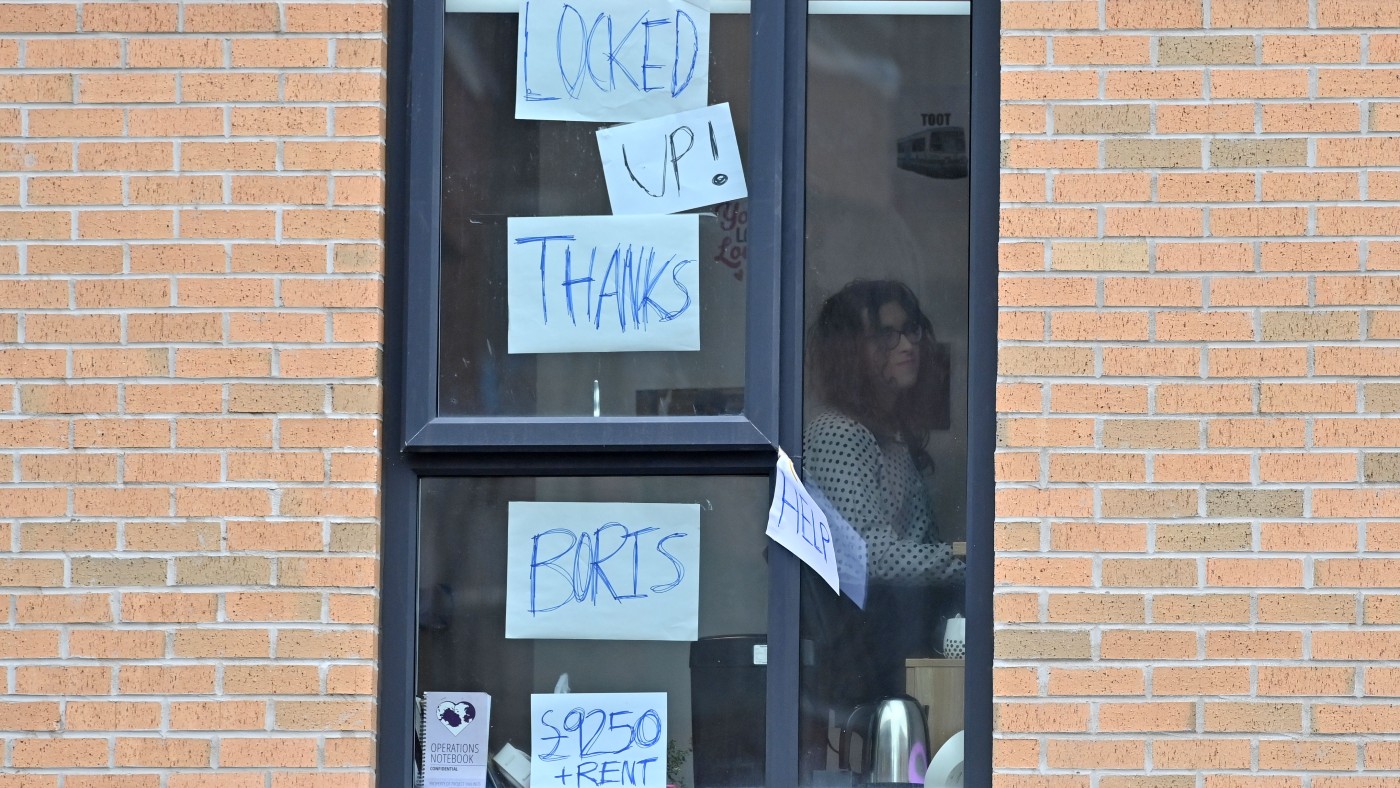 Universities must consider refunding students hit by Covid disruption, regulator warns
Universities must consider refunding students hit by Covid disruption, regulator warnsSpeed Read Institutions under investigation as thousands of undergraduates remain locked down amid coronavirus outbreaks
-
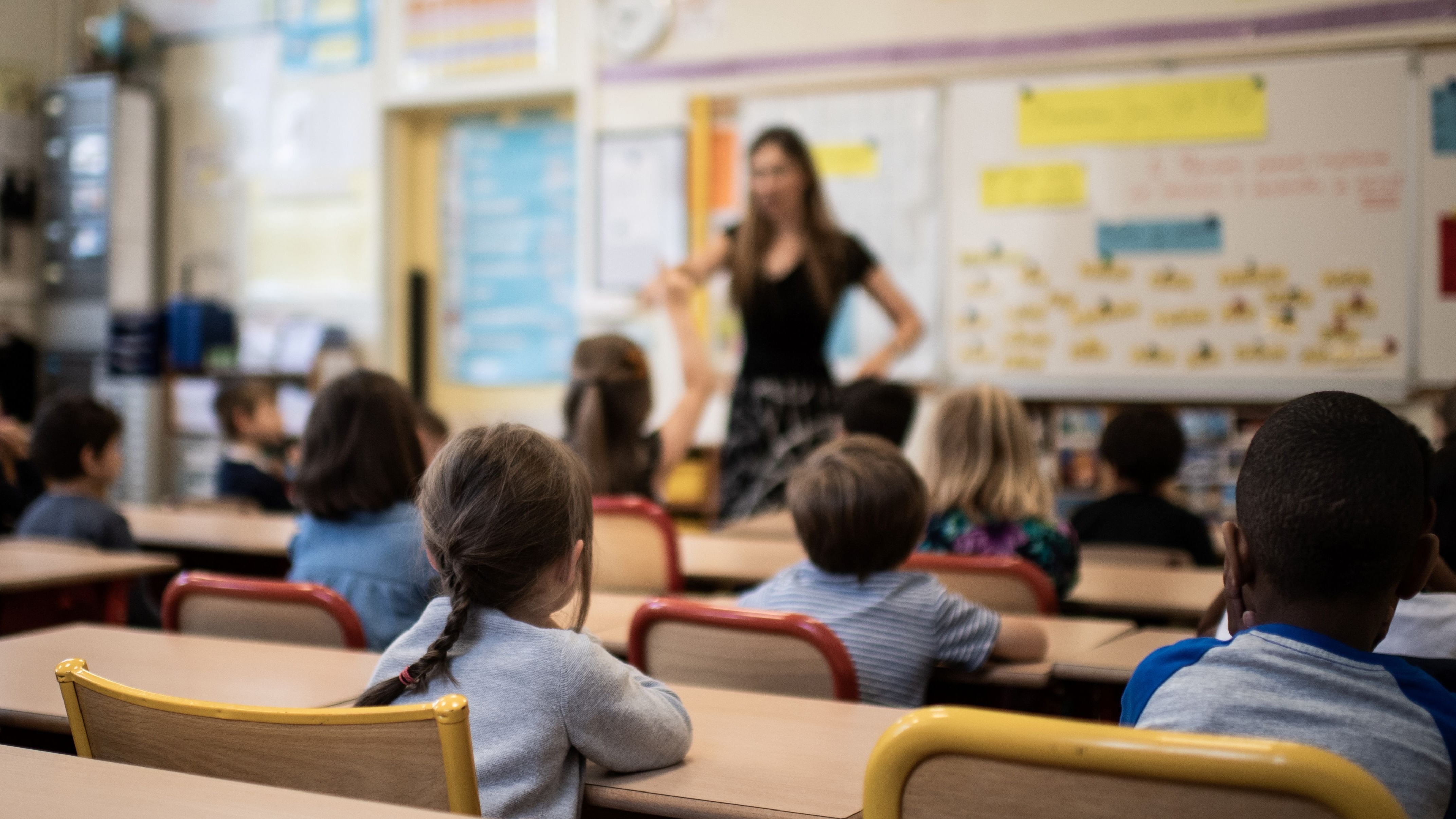 Coronavirus: will UK schools have to close again?
Coronavirus: will UK schools have to close again?Speed Read Thousands of teachers are self-isolating - but the government is determined not to order new closures